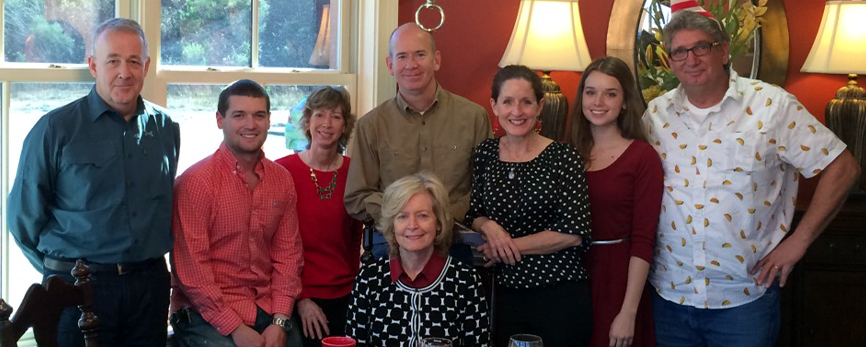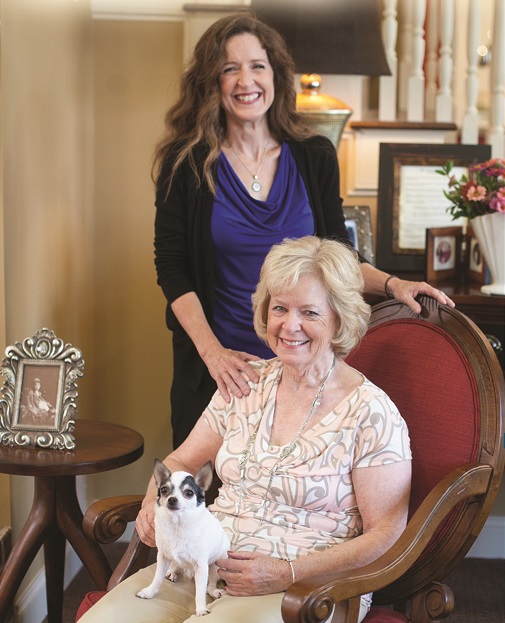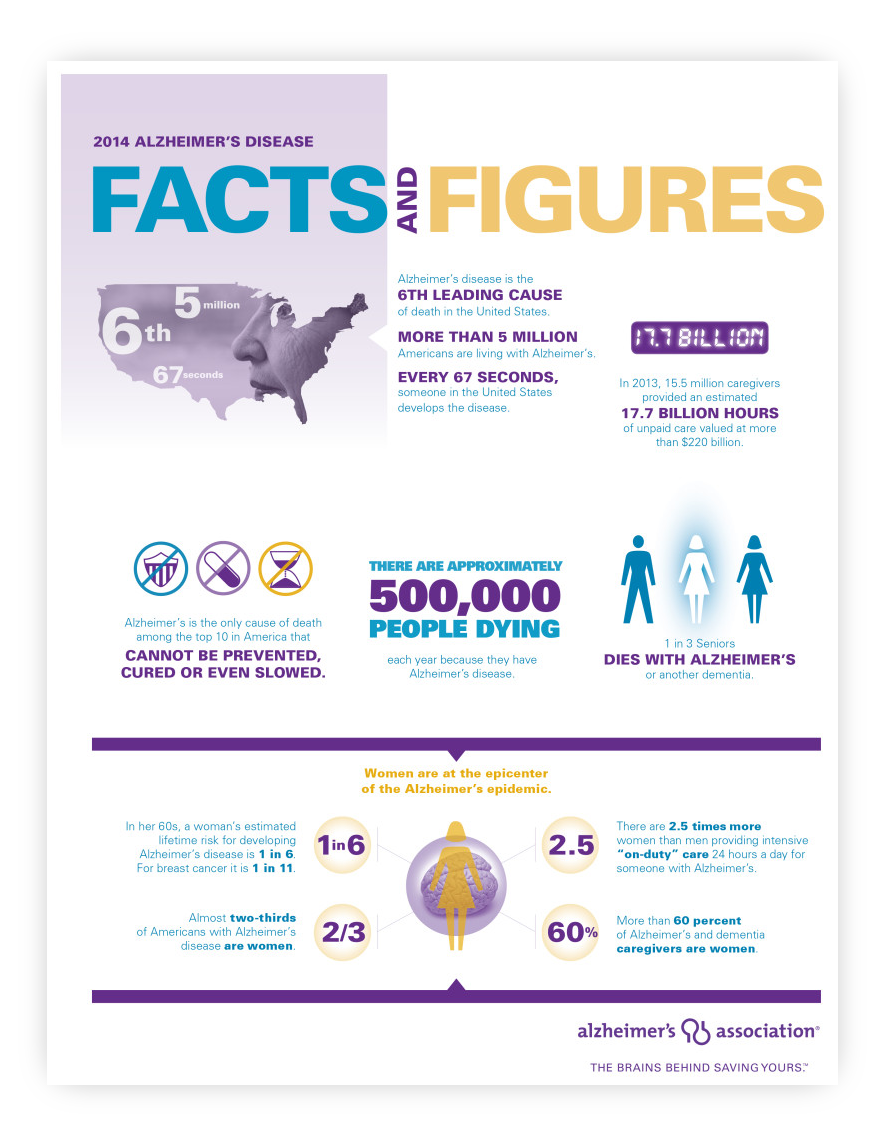Mom, is something wrong with Grandma?
Wow, out of the mouths of babes. In this case, however, my baby was almost 21 years old.
I’ll never forget the afternoon my daughter called to ask me this question. She had just gotten off the phone with my mom who had called her and was very upset about forgetting her birthday. She had talked about things and asked questions that didn’t make sense to my daughter. That was the instant everything changed for me. I realized something was wrong with mom, and it wasn’t just that she was anxious and forgetful.
My mom was diagnosed with Alzheimer’s disease less than two months later.
We now know she has had it for years, and she had shown all of the typical signs and symptoms. With over thirty years of medical experience, I did not recognize the disease in my own mother. I have cared for countless patients with Alzheimer’s through the years, and I can diagnose it in a heartbeat. I know the questions to ask, I know the tests to run. But, my mom? No, she couldn’t have it….. Or could she?
My mom is a beautiful, healthy 75 year old woman.
She takes very few medicines, she has never smoked, and she goes for her annual physical and checkup every single year. Her biggest concern was when to retire from her 30 years of work at Robins Air Force Base and whether her yard guy was charging too much to mow her grass. She has great insurance, a very good retirement plan, a beautiful back yard full of flowers, and a cute little Chihuahua named Sallie. She volunteers as a guide at the Air Force Museum, she loves a little Amaretto on ice when she’s stressed, she loves to dance and flirt, and she can cook a mean garlic stuffed roast. But something was definitely wrong with Mom.
Mom’s PET scan and neuropsychological evaluation showed definitive evidence that she has Alzheimer’s type dementia.
My brother lived a block from my mom, so he has watched out for her for most of his life. Once her diagnosis was made, we looked closer at her day to day life and we saw so many things that were unravelling for her. She was having difficulty maintaining her health and her safety every single day. She needed one on one help and a supervised living situation. It was no longer OK for her to live alone. We realized she was not going to get better, so we moved her out of her home last year, and brought her here, to Richmond Hill, GA, to give my brother a rest, and so that she could live in a place designed specifically for people who need care and who have dementia. We chose for her to live at The Suites at Station Exchange, so she can be safe and cared for, and have social interaction, entertainment, education, and regular meals, all within a vibrant, loving community and home.
If you meet my mom, and talk with her for a few minutes, it would be difficult to know that she has Alzheimer’s.
She is sweet and beautiful, she dresses well, and she always wears jewelry. We moved her out of her home that she loved, with her back yard and gardens, we took away her independence, we took away her ability to drive, and we no longer let her iron her own clothes or cook her own meals. And she seems perfectly normal when you talk to her! For the first few minutes that is; then you hear the words that don’t make sense, or she will ask you again who you are, or she will pull her list out of her purse again to see what day it is. And she introduces me to her caregivers every day. She doesn’t remember how she got here, or why I can’t buy her a house for her birthday. It’s sweet and kind and heartbreaking, because we all want the diagnosis to be wrong. We want her to be OK so that we can move her back to her house and her yard and let her tend to her flowers and cook for herself and volunteer at the museum again. But unfortunately that isn’t the case.
This disease isn’t going away.
The medication does not help. It’s not slowing down the disease. It has side effects, and I feel guilty for making her take it. But some little sliver of hope remains that a cure will miraculously be found just in time to save her, and we won’t have to watch her deteriorate into a thin shell of her former self. That shell will eventually waste away and become anonymous and nonverbal, and will be fed and bathed and clothed and walked and loved and cared for with kindness and love, but she will still die of this awful disease slowly and sadly, unless a cure is found. We are so close to a cure! It’s just around the corner. Probably not in time to save Mom, but hopefully in time to save me, so my son and my daughter will never have to write an article like this. The odds are not in my favor. I am one of four siblings, and one in three people who live to age 85 will die of Alzheimer’s. ℜ






